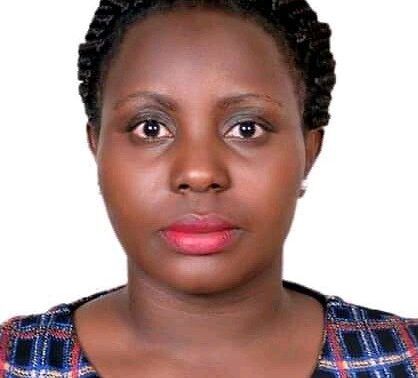Generally, women are born with all the eggs that they will ever have for their lifetime. Interestingly, the highest number of eggs that a woman ever had was actually before birth, when her mother was 5 months pregnant with her. At this stage of life, a woman had approximately 6 to 7 million eggs. Once these eggs reach this peak, they stop dividing and start instead start dying off, so much so that at the time of birth, only 1-2 million eggs are left in the ovaries. This number decreases to 300,000-400,000 the first time a woman has her period, and at the time of the last menstrual period, which is the start of menopause, where roughly 1,000 eggs are left in the ovaries.
So, if we do the math with average age at the time of first period being 12 years and at the time of menopause being 51 years, we see that women lose an average of 800-900 eggs per month, while ovulating one egg. We should note that this is part of the normal physiology of female reproduction. Some studies show that the attrition of the eggs may not be at a steady pace throughout reproductive life, and that the rate of loss may be increasing around 35-37 years of age.
It’s important for us to remember that it is not just the number of the eggs, but their quality of the eggs also diminishes. When it comes to the eggs, the quality refers mostly to the number of chromosomes (our DNA) that each egg has. Normally, each human egg has to have 23 chromosomes; when it is fertilized by the sperm, that is also supposed to have 23 chromosomes, the ensuing embryo ends up with 46 chromosomes, with 2 copies of each chromosome, and which is the normal chromosome (DNA) complement for a human being.
However, with aging, most likely due to abnormal division processes, not each egg ends up with the expected 23 chromosomes. Some are missing chromosome(s) while others have extra chromosome(s). A good example for this is Down syndrome. Persons with this syndrome have an extra chromosome 21, which is due to the egg having two chromosome 21 instead of just one; when this egg fertilizes with a normal sperm, the embryo ends up with three chromosome 21. Moreover, we all know that the risk of Down syndrome increases with the increasing age of the mother, due to exactly the mechanism that we just explained.
As a result, aging is associated with both decreasing quantity and quality of the eggs. This is of utmost importance for women because, during the last couple of decades, women are delaying their childbearing for many reasons, like professional goals, financial barriers or other social reasons.
Research by CDC shows the percentage of women with a diminished ovarian reserve underwent assisted reproductive technology like IVF to conceive increased from 14% in 2005 to 31% in 2016. The end result is that it becomes more and more difficult to build a family; this difficulty is multiplied especially when one desires more than one child to complete their family.
The issue is not only related to conception, but also carrying the pregnancy to term. As we mentioned earlier, the likelihood of abnormal egg leading to an abnormal embryo increases with age of the woman. Majority of these embryos do not implant and do not end up with a pregnancy. But if they do, then again, majority of these pregnancies will end up with a miscarriage. Hence, the risk for miscarriage also increases with advancing age of the mother, which is again related to the diminished quality of the egg.
What can a woman or couple do?
It is always a good idea to plan pregnancy and complete the family at a younger age than older. However, as this is not always possible, one can take advantage of the advancing medical technology and freeze eggs and/or embryos for future use. Egg freezing is a great option for women who want to delay their childbearing and either who are not in a relationship or who wish to keep their options open. Embryo freezing, on the other hand, is also a good option for couples who are delaying their plans for family building.
Therefore, knowledge is power and knowing your reproductive physiology and planning accordingly will help you achieve your goals in your pursuit to build a family.
The author is Lilian Nuwabaine Luyima; BSc Nurse & MSN-Midwife & Women’s’ Health Specialist working with Aga Khan University & the Heroes in Health Award Winner-Midwife of the year 2021
If you would like your article/opinion to be published on Uganda’s most authoritative news platform, send your submission on: [email protected]. You can also follow DailyExpress on WhatsApp and on Twitter (X) for realtime updates.



